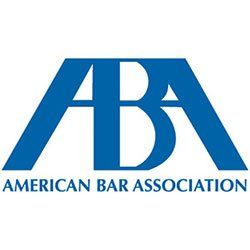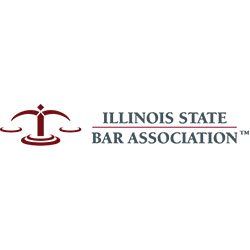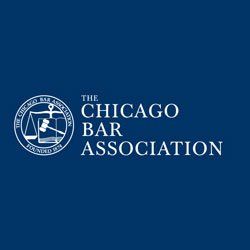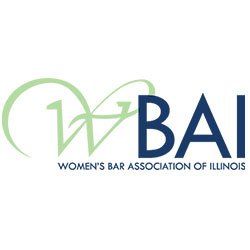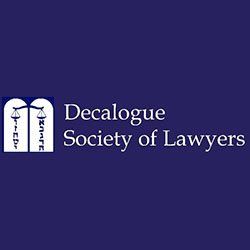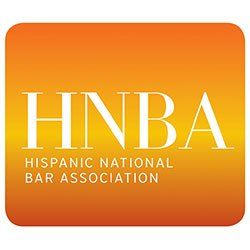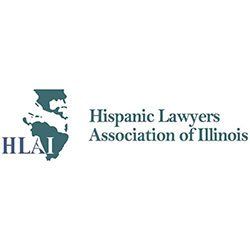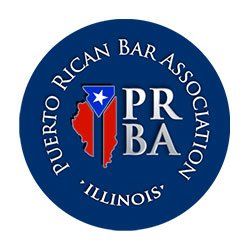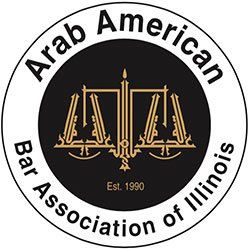CLIENT LOGIN
×Treasure Island Plundered With 3.725 Million Dollar Settlement
In a rare, multi-million dollar settlement, the Code Enforcement Board (CEB) of The City of Treasure Island, agreed to pay the sum of 3.7 million dollars to Gulf Coast Recovery, and its proprietor, Matthew Schwarz in a settlement agreement after several unsuccessful attempts at litigation.
A small city on Florida’s gulf coast, Treasure Island’s population of 7,500 doubles during the winter months; the warm climate and attractive coastal location a favorite of vacationers and “snowbirds” (a Floridian term for retirees from northern states). As a result, the City of Treasure Island’s zoning scheme has come up with unique ordinances to deal with the ebb and flow of its population throughout the year.
The City created a limit on the number of times a “single family or two family dwelling” can change occupancy during a twelve month period in certain areas zoned for single-family dwellings, in order to keep vacationers and snowbirds from disrupting “the sense of community of its permanent residents.”
Gulf Coast Recovery (“GCR”) is a company licensed by the Florida Department of Children and Families to provide outpatient rehabilitation services to recovering drug and alcohol abusers at its treatment facility located In the City of Treasure Island. However, the company’s license does not allow it to provide in-patient or residential treatment. In order to circumvent this limitation, GCR rents or owns property in which its clients stay during the rehabilitation process.
Conflict between GCR and Treasure Island arose when neighbors to one of these properties in which GCR patients stayed, complained about excessive noise and disturbances from GCR patients. In response, Treasure Island sent Schwarz a “Code Enforcement Detail”, observing that Schwarz had “opened up two rehab houses on the island.” Schwarz was then ordered to provide information such as the number of tenants living in the properties Schwarz and GCR owned, the amount of turnover, and the length of the leases.
After some heated disputes with the CEB, Schwarz was determined to have breached the city’s zoning ordinances. Schwarz, GCR, and several of GCR’s patients then sued Treasure Island in the US District Court for the Middle District of Florida, alleging that the city’s zoning code enforcement actions unlawfully discriminated against the residents of the halfway houses.
The case ultimately went to trial. The District Court found in favor of Treasure Island after a motion for summary judgment, stating that the apartments were not “dwellings” and that even if they were assumed to be dwellings, Schwarz and GCR failed to establish intentional discrimination.
On appeal, the 11th Circuit concluded that all the apartments were “dwellings” pursuant to the Fair Housing Act, and remanded the case back to district court to determine whether a fact issue existed as to whether living in the halfway houses was “necessary” to afford recovering substance abusers an “equal opportunity to use and enjoy them.” Schwarz v. City of Treasure Island, 544 F.3d 1201 (11th Cir. 2008).
On remand, Schwarz was successful. A jury verdict passed down in February 2010 held that Treasure Island’s attempt to close the halfway houses violated the fair housing act. After an unsuccessful motion for summary judgment (see Schwarz v. City of Treasure Island, 2010 WL 3747787 (M.D. Fla. Sept. 22, 2010)), Treasure Island decided to settle the case with Schwarz and GCR for more than $3 million dollars. Though Schwarz claimed losses in excess of $7 million dollars, Schwarz found the settlement to be a fair agreement. As part of the settlement, the city also agreed to allow GCR to occupant turnover rates of up to six times per year in a total of four buildings that were zoned for residential, single family dwellings.
The City commission reportedly found the settlement to be “in the best interests of the city”, with the mayor concluding that “everyone is glad [the case] is done with.” One of GCR’s clients was also slated to receive $36,000 as a result of the case as well, for “emotional turmoil” caused by Treasure Island’s code enforcement efforts.
The post Treasure Island Plundered With 3.725 Million Dollar Settlement appeared first on Weiss Ortiz P.C..
MAIN OFFICE
SECOND OFFICE
THIRD OFFICE
By Appointment Only
500 Lake Cook Road, Suite 350
Deerfield, IL 60015
FOURTH OFFICE
By Appointment Only
18W140 Butterfield Road, 15th Floor Oakbrook Terrace, IL 60181
FIFTH OFFICE
By Appointment Only
3390 Mary Street
© 2021 Weiss Ortiz P.C.. All Rights Reserved. Terms & Conditions

